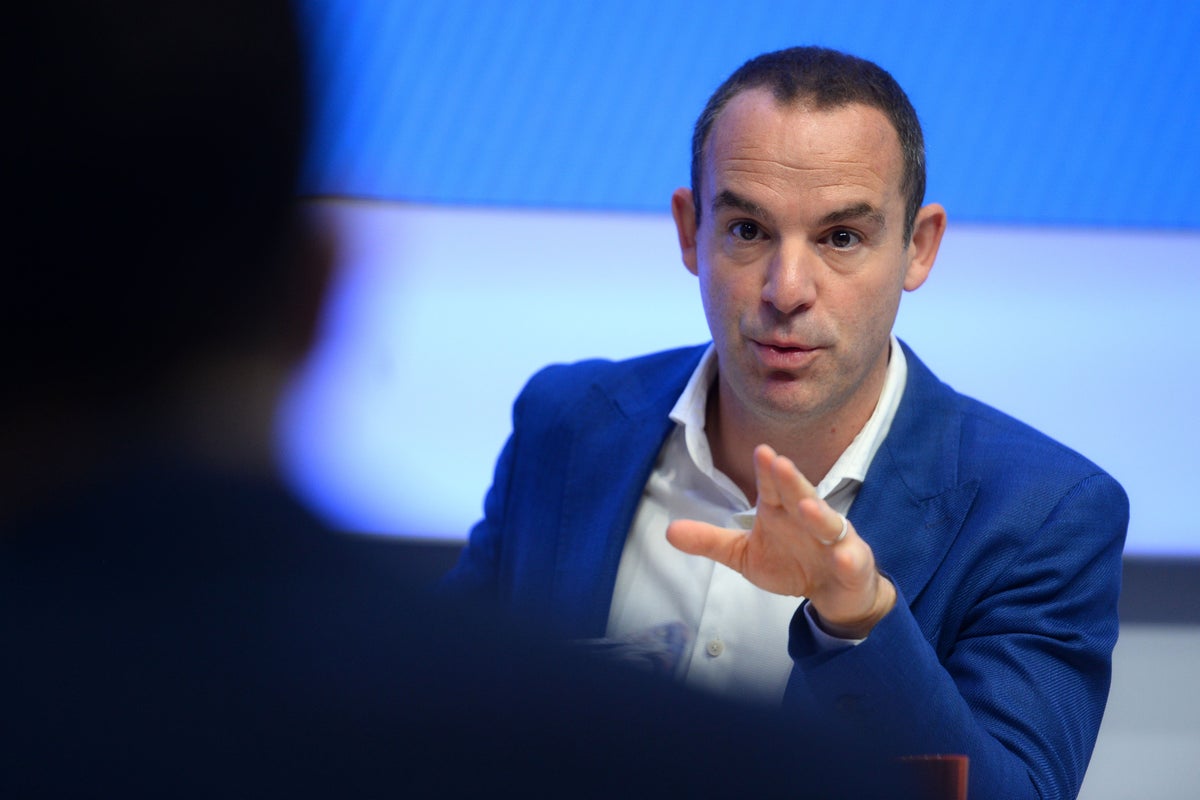
Martin Lewis, the popular TV money-saving expert, has outdone himself in 2022, helping millions of Britons to navigate a desperately bleak cost of living crisis by dishing out vital personal finance tips at a time when many are in need of all the practical help they can get.
Bringing compassion and expertise to his appearances on his ITV programme The Martin Lewis Money Show Live, via his BBC podcast, his website and newsletter and through his regular media interviews, Lewis is providing a welcome public service to those struggling to make ends meet.
No concern is too small to warrant his attention and, in the latest episode of The Martin Lewis Podcast, the financial guru revealed an ingenious approach to drying wet clothes for just 7p an hour without switching the central heating on or running a dryer, a very welcome tip when energy bills are so high.
He suggested using a dehumidifier for the job instead, which promises significant savings – so long as you factor in the cost of purchasing one in the first instance, as Lewis himself acknowledged.
“Many dehumidifiers have different wattages, the one I checked out was 200 watts (w),” he explained on the show.
“Once we know it’s 200w and we know a kilowatt (kw) is 1,000w, which is how electricity tends to be priced, we know this is a fifth of a kilowatt.
“And you pay roughly 34p per kw per hour. A fifth is 7p so you’re going to pay roughly 7p per hour to run a dehumidifier at 200w assuming it uses full power the whole time. Which is generally far, far cheaper than putting the heating on.
“If a dehumidifier does work for you it will definitely have lower electricity bills but of course you do have the initial capital outlay of buying a dehumidifier and see how that works for you.”
In a similar vein, he encouraged listeners to consider whether acquiring an air fryer might likewise prove cheaper than cooking with an oven or a microwave on the same basis.
“The problem with the equation for heating equipments is an oven is going to be about 2,000w,” he said.
“A microwave I believe, from memory… gives you consistent heat whereas an oven is warming up to full temperature and then topping it up so it isn’t running at full power the whole time.
“But if you’re doing a jacket potato for 10 minutes it’s going to be far cheaper than doing a single jacket potato in an oven and keeping it on for an hour and a half.
“However, if you were doing a full roast dinner and you were cooking many of them, that is where it’s probably cheaper than putting five or six jacket potatoes in a microwave because each additional object you put in a microwave, you need to keep it on longer because a microwave just heats the individual object.”
He concluded: “The general equation is: find the wattage of an item, then work out how many kilowatts or what fraction of a kilowatt it’s using, then multiply that by 34p per hour of use.
“If you had a 1,000w microwave and you put it on for 10 minutes, one kilowatt for a sixth of an hour, a sixth of 34p is about 6p, shall we say? So it’s 6p turning the microwave on for that amount of time. So yes it’s a very useful equation.”







